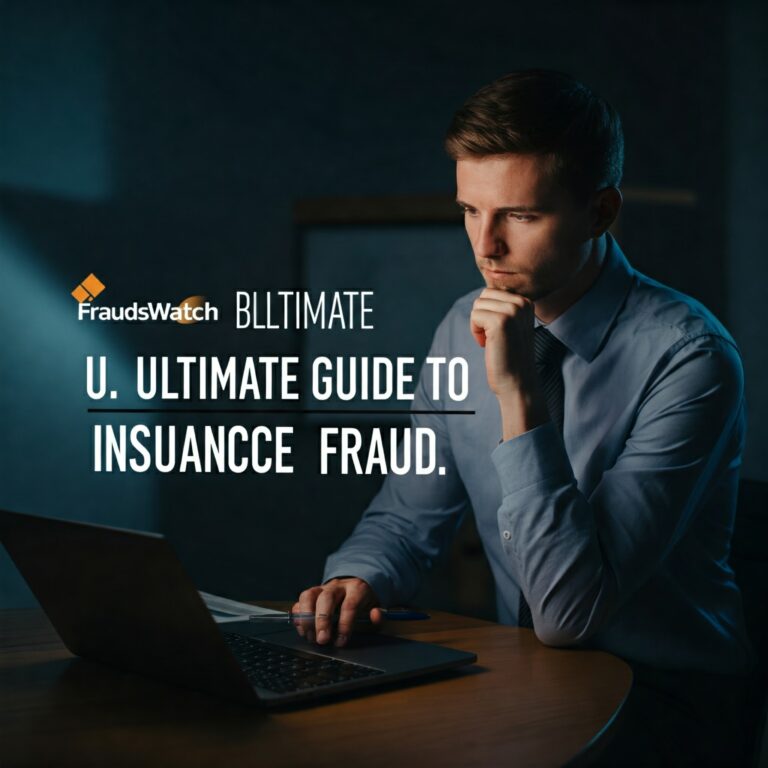The Ultimate Guide to Preventing Insurance Fraud: Stay Safe and Save Money
Let’s be honest, insurance isn’t always the most exciting topic. But what is exciting is saving money and avoiding…

Let’s be honest, insurance isn’t always the most exciting topic. But what is exciting is saving money and avoiding…